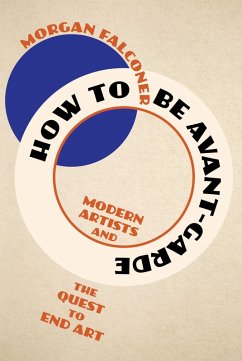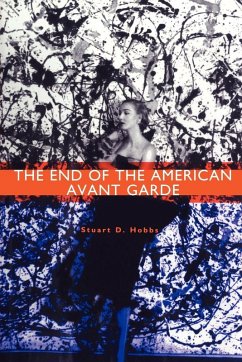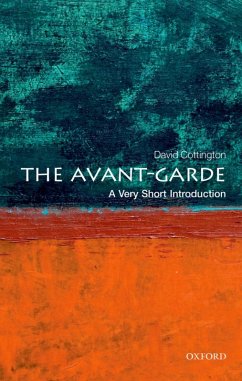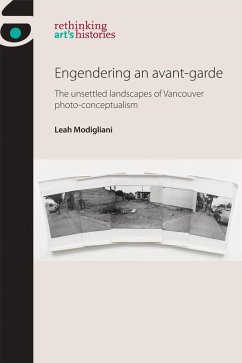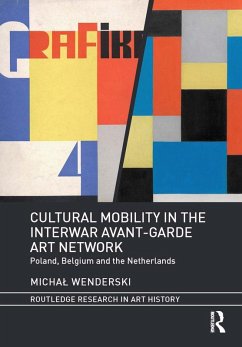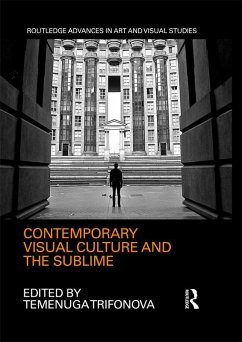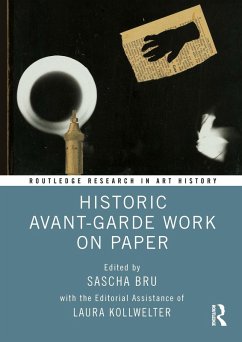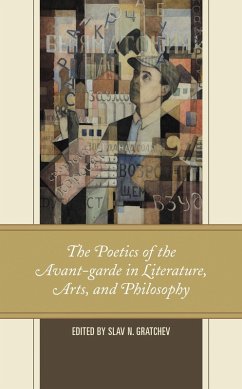
Nothing and Everything - The Influence of Buddhism on the American Avant Garde (eBook, ePUB)
1942 - 1962

PAYBACK Punkte
6 °P sammeln!
In America in the late 1950s and early 60s, the world-and life itself-became a legitimate artist's tool, aligning with Zen Buddhism's emphasis on "enlightenment at any moment" and living in the now. Simultaneously and independently, parallel movements were occurring in Japan, as artists there, too, strove to break down artistic boundaries. Nothing and Everything brings these heady times into focus. Author Ellen Pearlman meticulously traces the spread of Buddhist ideas into the art world through the classes of legendary scholar D. T. Suzuki as well as those of his most famous student, composer ...
In America in the late 1950s and early 60s, the world-and life itself-became a legitimate artist's tool, aligning with Zen Buddhism's emphasis on "enlightenment at any moment" and living in the now. Simultaneously and independently, parallel movements were occurring in Japan, as artists there, too, strove to break down artistic boundaries. Nothing and Everything brings these heady times into focus. Author Ellen Pearlman meticulously traces the spread of Buddhist ideas into the art world through the classes of legendary scholar D. T. Suzuki as well as those of his most famous student, composer and teacher John Cage, from whose teachings sprouted the art movement Fluxus and the "happenings" of the 1960s. Pearlman details the interaction of these American artists with the Japanese Hi Red Center and the multi-installation group Gutai. Back in New York, abstract-expressionist artists founded The Club, which held lectures on Zen and featured Japan's first abstract painter, Saburo Hasegawa. And in the literary world, Jack Kerouac and Allen Ginsberg were using Buddhism in their search for new forms and visions of their own. These multiple journeys led to startling breakthroughs in artistic and literary style-and influenced an entire generation. Filled with rare photographs and groundbreaking primary source material, Nothing and Everything is the definitive history of this pivotal time for the American arts. About the Imprint: EVOLVER EDITIONS promotes a new counterculture that recognizes humanity's visionary potential and takes tangible, pragmatic steps to realize it. EVOLVER EDITIONS explores the dynamics of personal, collective, and global change from a wide range of perspectives. EVOLVER EDITIONS is an imprint of North Atlantic Books and is produced in collaboration with Evolver, LLC.
Dieser Download kann aus rechtlichen Gründen nur mit Rechnungsadresse in A, B, BG, CY, CZ, D, DK, EW, E, FIN, F, GR, HR, H, IRL, I, LT, L, LR, M, NL, PL, P, R, S, SLO, SK ausgeliefert werden.





